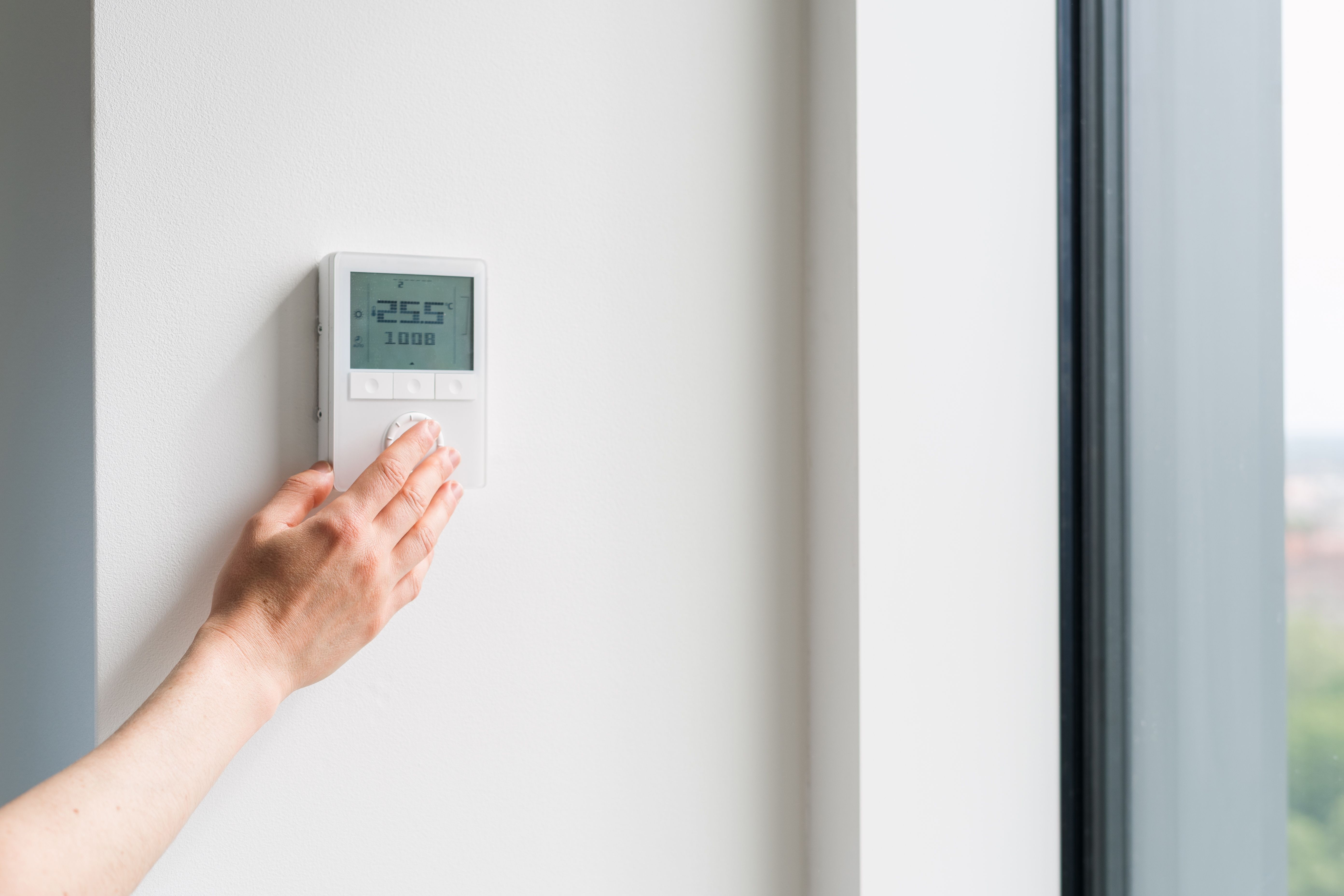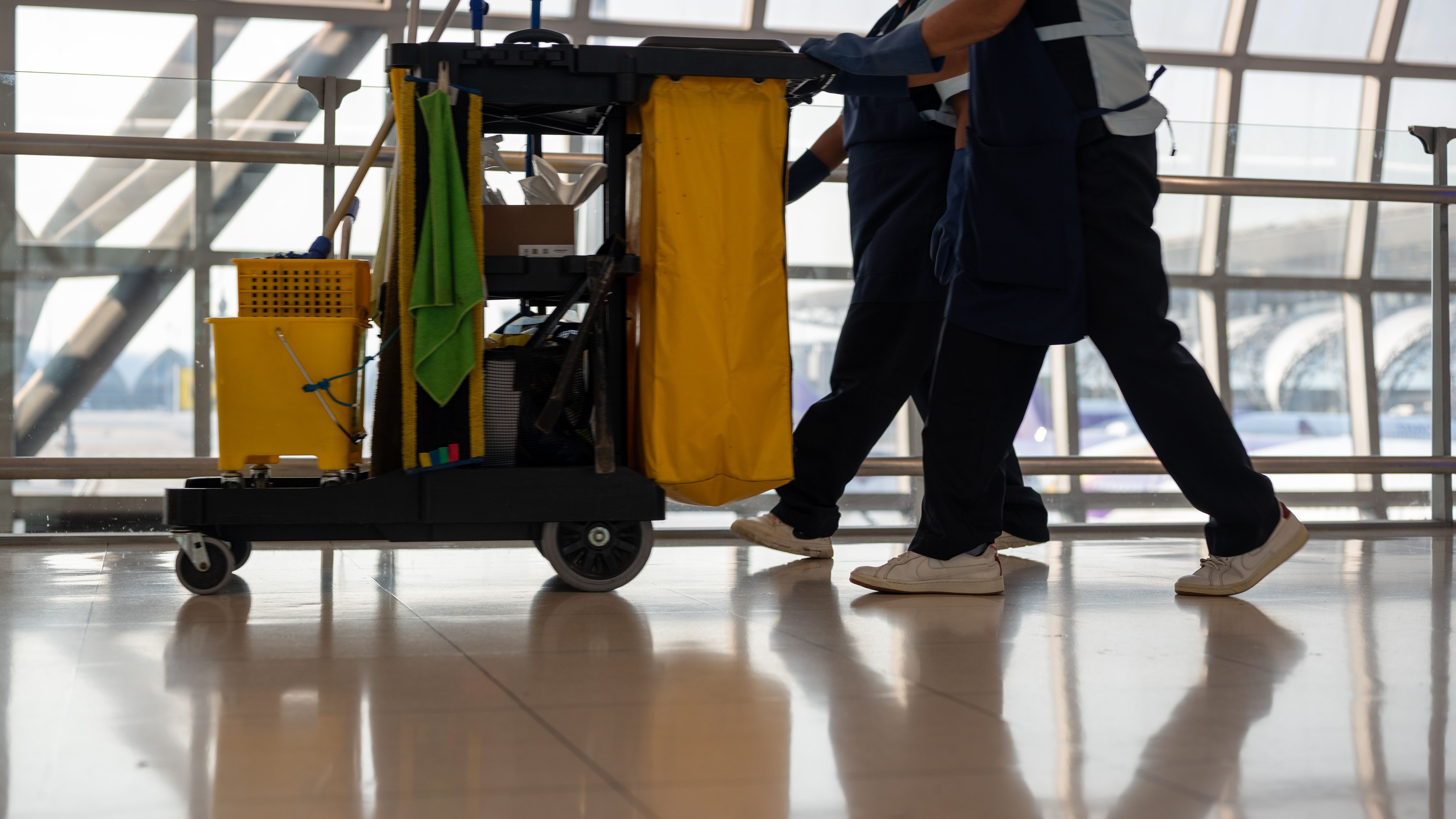Reducing Hotel Operation Costs with AI integrated tools in California
MR
Embracing AI for Cost Efficiency in California Hotels
As the hospitality industry continues to evolve, hotels in California are increasingly turning to AI technology to streamline operations and reduce costs. This tech-savvy approach not only enhances efficiency but also elevates guest experiences. In a competitive market, adopting AI solutions can be a game-changer for hotels looking to stay ahead.
AI technologies offer a range of benefits, from automating mundane tasks to optimizing energy consumption. By implementing AI-driven solutions, hotels can significantly cut down on operational costs while maintaining high service standards. Let's explore some key areas where AI is making a difference.

Streamlining Front Desk Operations
One of the primary applications of AI in hotels is in front desk operations. AI-powered chatbots and virtual assistants can handle guest inquiries, reservations, and check-ins, reducing the workload on human staff and minimizing wait times for guests. This automation allows hotels to operate with fewer front desk personnel, directly impacting labor costs.
Moreover, these AI systems can provide 24/7 support, ensuring that guests receive immediate assistance at any time of day. This round-the-clock availability enhances guest satisfaction and can lead to repeat business.
Optimizing Energy Consumption
Energy consumption is a significant expense for hotels, but AI technology is helping to mitigate these costs. Smart thermostats and lighting systems can learn guest preferences and automatically adjust settings to conserve energy when rooms are unoccupied. This not only reduces utility bills but also contributes to environmental sustainability efforts.

AI-driven energy management systems can analyze usage patterns and suggest optimizations, helping hotels make informed decisions about energy use. By embracing these technologies, hotels in California can achieve substantial savings while promoting green initiatives.
Enhancing Housekeeping Efficiency
Housekeeping is another area where AI technology is making a significant impact. AI-powered scheduling systems can optimize cleaning routines based on guest check-in and check-out times, ensuring that staff are utilized efficiently. This leads to reduced labor costs and improved productivity.
Additionally, predictive maintenance powered by AI can help hotels address issues before they become costly problems. By analyzing data from various sources, AI systems can predict when equipment is likely to fail, allowing hotels to perform maintenance proactively.

Personalizing Guest Experiences
AI technology also plays a crucial role in personalizing guest experiences. By analyzing data from previous stays and preferences, AI systems can offer personalized recommendations and services to guests. This level of customization enhances guest satisfaction and encourages loyalty.
For instance, AI-driven platforms can recommend local attractions or dining options based on a guest's past behavior or preferences. This personalized approach not only improves the guest experience but also opens up additional revenue streams for hotels through partnerships with local businesses.
Conclusion: A Smart Investment for California Hotels
The integration of AI technology in hotel operations is proving to be a smart investment for many establishments in California. By reducing operational costs and enhancing guest experiences, hotels can achieve a competitive edge in the dynamic hospitality industry.
As more hotels embrace AI-driven solutions, those that lag behind risk being left out of the technological revolution. Investing in these technologies today will ensure that California hotels remain at the forefront of innovation, delivering exceptional service while maintaining cost efficiency.
